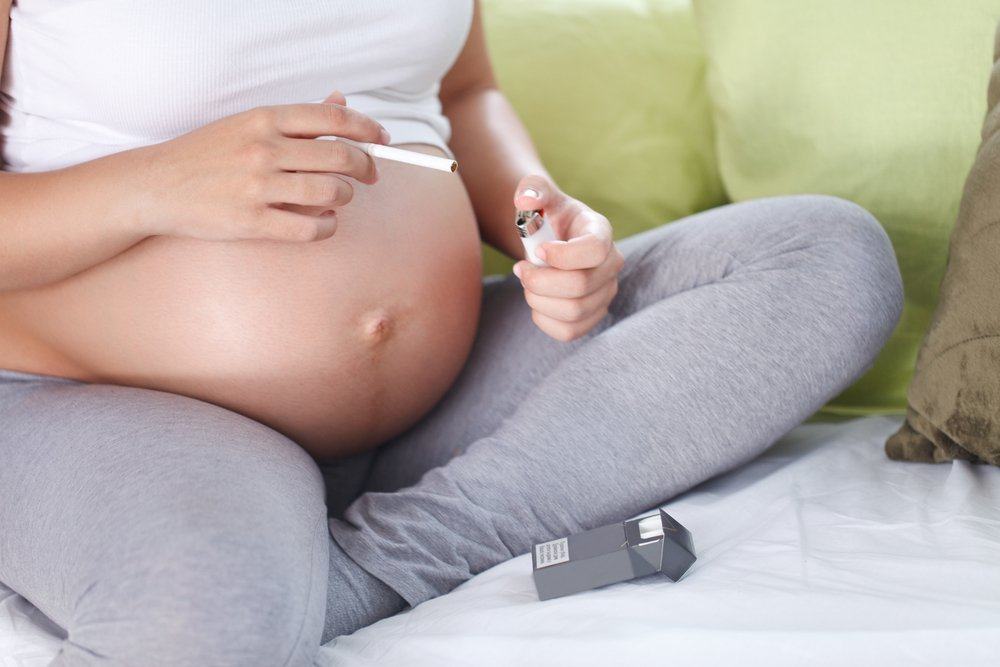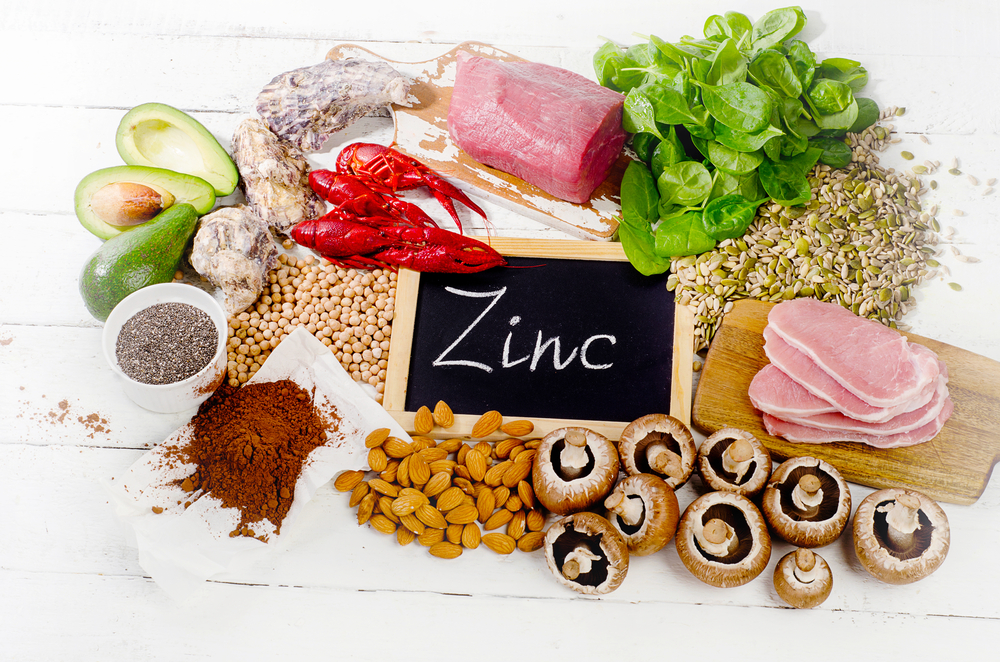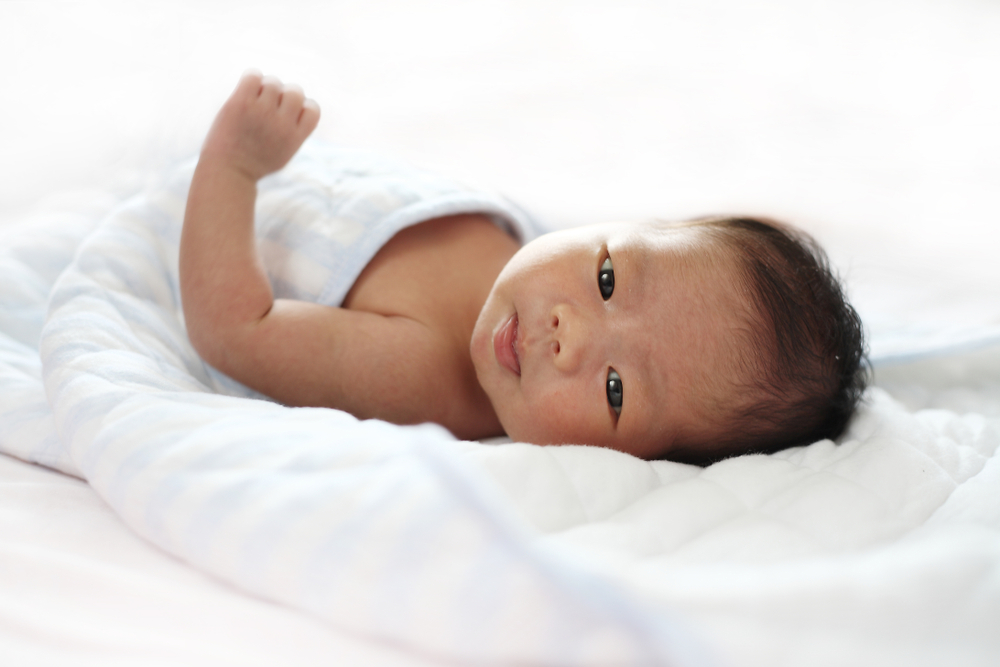Contents:
Medical Video: Smoking During Pregnancy Can Slow Fetal Growth - In Depth
If your health is not enough to make you stop smoking, maybe when your fetus's life is at stake it will make you throw your cigarette pack right away, right now. Smoking during pregnancy affects your health and that of your baby before, during, and after your baby is born. Nicotine, carbon monoxide, and many other poisons that you suck from cigarettes are brought in through the bloodstream directly to the baby in your womb.
"Smoking may be the number one contributor to the health of infants," said Robert Welch, obstetrician and chair of the Department of Obstetrics and Gynecology at Providence Hospital in Southfield, Michigan, reported by Baby center.
The more cigarettes you smoke every day, the more likely your baby is to develop more serious health problems. There is no "safe" dose of smoking during pregnancy.
What might happen to babies if mothers smoke while pregnant
A cigarette for one day is safer than spending a whole pack of cigarettes, but the effect is also eleven-twelve. Smoker's body is very sensitive to exposure to the first dose of nicotine on that day, and every day, so even one or two cigarettes will shrink blood vessels dramatically.
Lack of oxygen can have an adverse effect on your baby's growth and development. Generally, smoking during pregnancy multiplies the possibility of a baby being born too early or malnourished with a baby's birth weight of less than 2.5 kilograms. Some studies show the relationship between mother smokers and children develop cleft lip.
Not only that. Smoking during pregnancy means that you risk your baby against:
1. Congenital heart defects
Babies whose mothers smoke in the first trimester of pregnancy are more likely to have heart defects at birth.
According to data from the Centers for Disease Control and Prevention (CDC), the risk of these babies having some type of congenital heart defects is calculated to be 20-70 percent higher than babies whose mothers do not smoke. Heart defects are types that inhibit blood flow from the right side of the heart to the lungs and openings between the upper chambers of the heart (atrial septal defects).
Poisons from cigarettes can also make a baby's heart beat faster than normal, aka tachycardia. Heartbeat that is too fast when a person is resting can increase the risk of a heart attack or sudden death. The risk of sudden death of a baby (SIDS) will continue to rise in line with the smaller birth weight of the baby and the baby's gestational age decreases.
2. Congenital pulmonary defects
Babies born to smoking mothers while pregnant tend to have a dwarf body size. This delay in growth causes their lungs to be unprepared to work independently, with optimal capacity. That is, these babies can spend the first week of life clinging to the breathing apparatus. Even after they have been able to breathe on their own (or indeed have been able to breathe on their own from the start), babies from mothers who smoke during pregnancy may continue to have respiratory disorders after adulthood later, due to their lungs which are nicotine poisoning.
Mothers who smoke at least half a pack of cigarettes a day during pregnancy are almost three times more likely to have a baby with an airway blocked by mucus or sleep apnea. Children whose mothers smoke during pregnancy are very susceptible to asthma, and have two or even three times the risk of sudden infant death syndrome (SIDS).
3. Brain damage
Smoking during pregnancy can have a lasting effect on your baby's brain. Children of pregnant smokers in particular tend to have learning disorders, behavioral problems, and relatively low IQs.
The developing fetus's brain is very susceptible to low oxygen levels, and the immaturity of the brain center that regulates breathing can contribute to sudden infant death (SIDS). A recent study of babies from smoking mothers who died in the womb provided insight into how smoking exposure can hurt brain development. In addition to causing nerve damage by reducing oxygen supply to the developing brain, nicotine destroys up to the area of the brain that is directly involved with the working system of the heart and respiratory function. In addition, babies whose mothers smoke during pregnancy are more likely to experience insomnia due to low oxygen supply to the brain.
4. Stillbirth - or you are a miscarriage
Miscarriage, unexpected events from pregnancy, usually occur in the first three months of pregnancy. In rare cases, a miscarriage can occur after a 20-week-old fetus. This is called stillbirth.
Smoking during pregnancy increases the likelihood of early miscarriages and stillbirths caused by a mixture of dozens of poisons and chemicals that enter your placenta strangling your baby's supply of oxygen and nutrients. Other complications of smoking can cause ectopic pregnancy, placental problems (placental abruption or placenta previa), or slow fetal development. These issues can also cause miscarriages or stillbirths.
I did not smoke while pregnant, but my husband smoked. Is there a danger to my pregnancy?
Cigarette smoke, also called passive cigarettes, is a combination of smoke from cigarettes that burns and smoke is exhaled by smokers. Smoke that burns the tip of a cigarette or cigar actually contains more harmful substances (tar, carbon monoxide, nicotine, etc.) than smoke inhaled by smokers.
If you are regularly exposed to cigarette smoke during pregnancy, you will have a greater chance of experiencing a miscarriage, birth of a dead baby, tubal pregnancy, low birth weight, and other complications of pregnancy. Babies and children exposed to secondhand smoke can also develop asthma, allergies, recurrent lung and ear infections, and are at high risk for sudden infant death syndrome (SIDS).
What can I do to avoid all these risks?
Ideally, you should stop smoking before you become pregnant (smoking decreases the chance of successful pregnancy by around 40 percent) However, the CDC reports 10 percent of women still smoke during the last three months of pregnancy.
If you are a smoker, stop right now. The only way to avoid pregnancy complications associated with smoking is to stop smoking - the sooner the better. A study published in the journal Obstetrics and Gynecology in 2009 found that pregnant women who quit smoking in the first trimester actually boosted their chances of giving birth to babies who were healthy and weighed about the same as babies born to mothers who were not smokers. Mothers who stop in the second trimester also have increased opportunities, but not many.
The benefits of stopping smoking start within a few days of stopping. After you stop, you and your baby's heartbeat will return to normal, and your baby will tend to develop respiratory problems. You may have withdrawal symptoms because your body is used to nicotine, an addictive substance in cigarettes. You may crave cigarettes, get angry easily, feel very hungry, often cough, headache, or have difficulty concentrating. Symptoms of withdrawal are only temporary. They only feel difficult when you first stop, but will leave within 10-14 days. When withdrawal symptoms occur, control yourself. Think about your reasons for quitting - your child.
If you are not a smoker but are in an environment that is thick with cigarette smoke, demand that your husband and co-worker respect the life that is in your womb. If your job forces you to keep working in a smoky environment while pregnant, understand that this environment is a threat to your baby's safety and can be used as a compelling reason to demand transfer to a safer environment. Legally, you have the right to work in a smoke-free environment.
READ ALSO:
- What happens to the body when quitting smoking
- Why Smoking Is More Dangerous for Women
- 14 Common Mistakes Women Make When Pregnant












